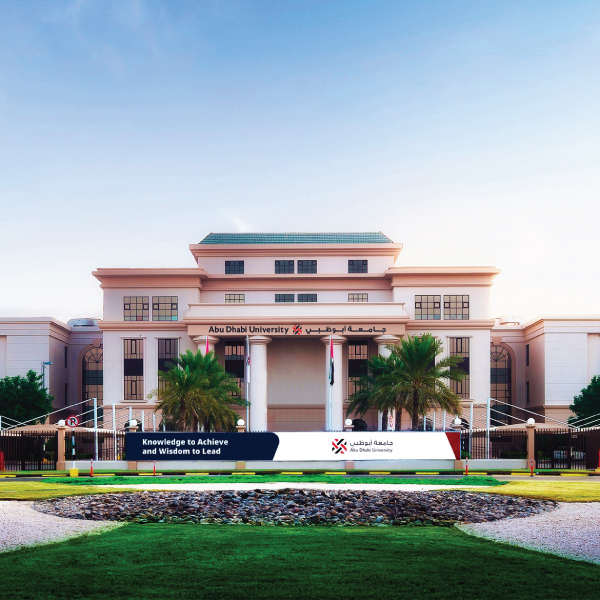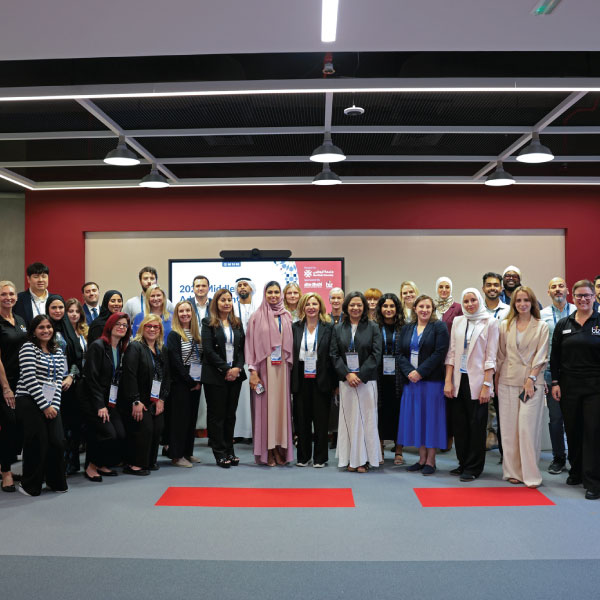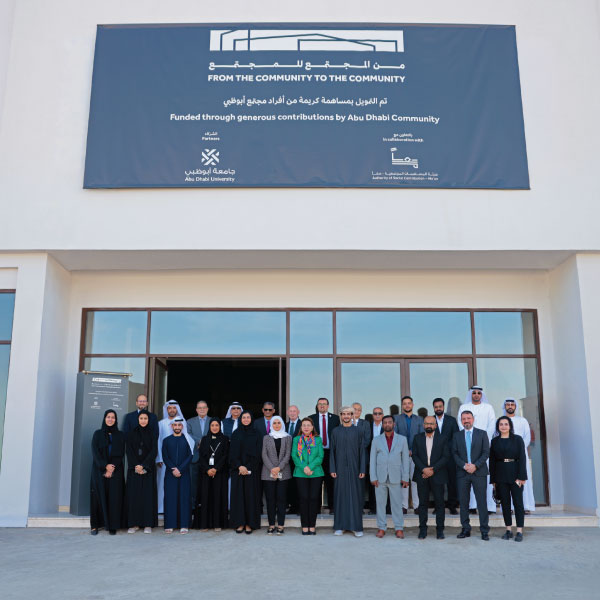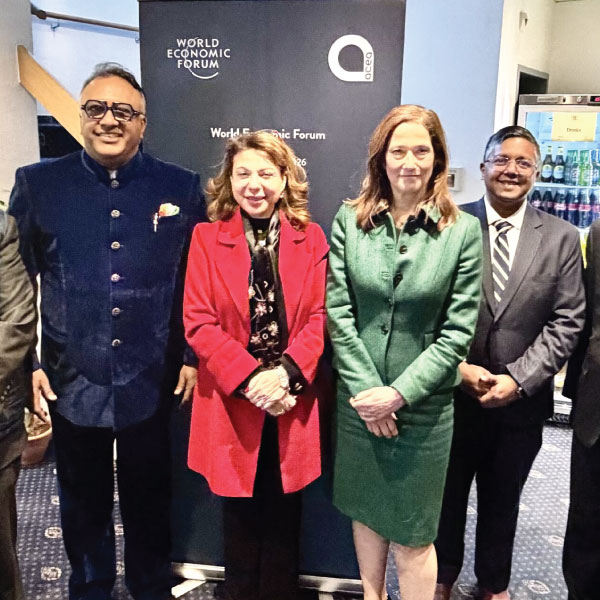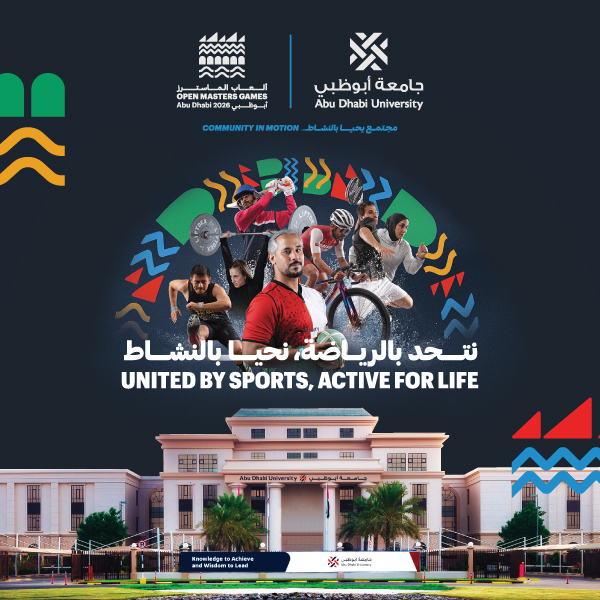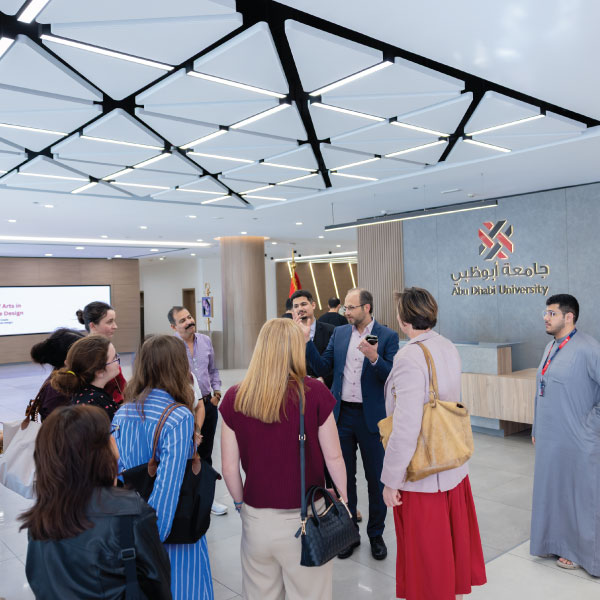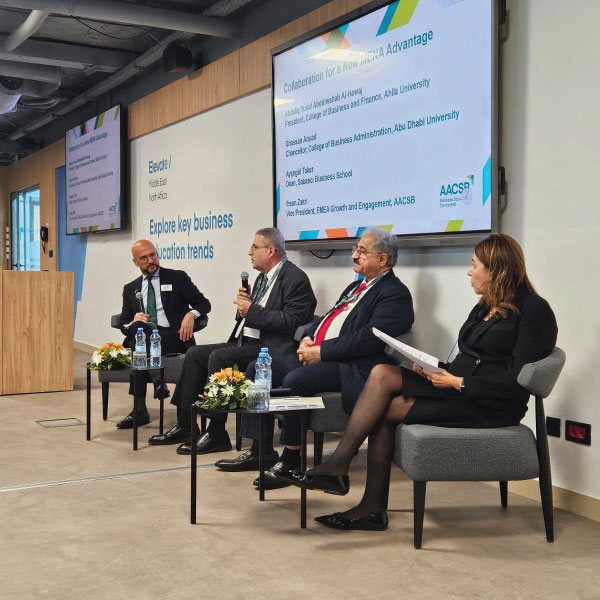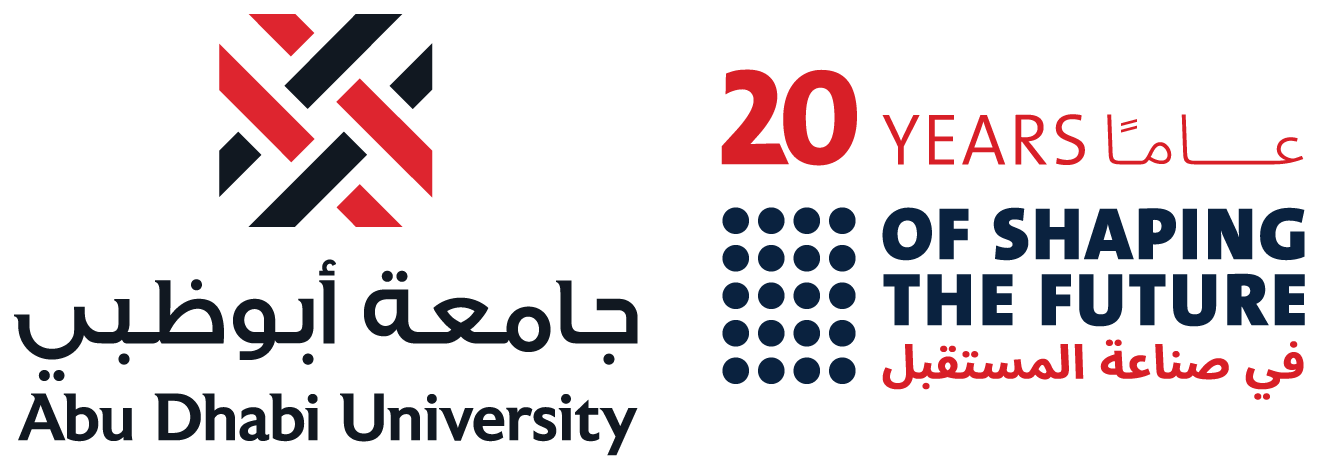26 February, 2026
ADU Expands Global Network with Queen Mary University of London
26 February, 2026
ADU Establishes New Partnership with UC Santa Barbara
26 February, 2026
ADU Signs Strategic Agreement with McMaster University
26 February, 2026
Abu Dhabi University Advances Peace and Sustainability Dialogue in Jap...
26 February, 2026
ADU Contributes to the India–Arab University Presidents Summit
26 February, 2026
ADU Participates in QS India Summit 2026
26 February, 2026
ADU Explores Strategic Collaboration with SOAS University of London
25 February, 2026
Abu Dhabi University Becomes Region's First to Receive APM Academic Ac...
17 February, 2026
Abu Dhabi University Reaches Major Milestone Surpassing 5,000 Scopus-I...
13 February, 2026
Abu Dhabi University Leads Regional Dialogue on Advancing Education in...
10 February, 2026
Abu Dhabi University and Authority of Social Contribution – Ma’an Inau...
03 February, 2026
Abu Dhabi University Participates in the World Economic Forum 2026 in ...
03 February, 2026
Abu Dhabi University Joins Open Masters Games Abu Dhabi 2026 as an Off...
29 January, 2026
ADU Welcomes Texas A&M University Delegation
29 January, 2026
ADU Contributes to Dialogue on MENA Collaboration at AACSB Elevate 202...
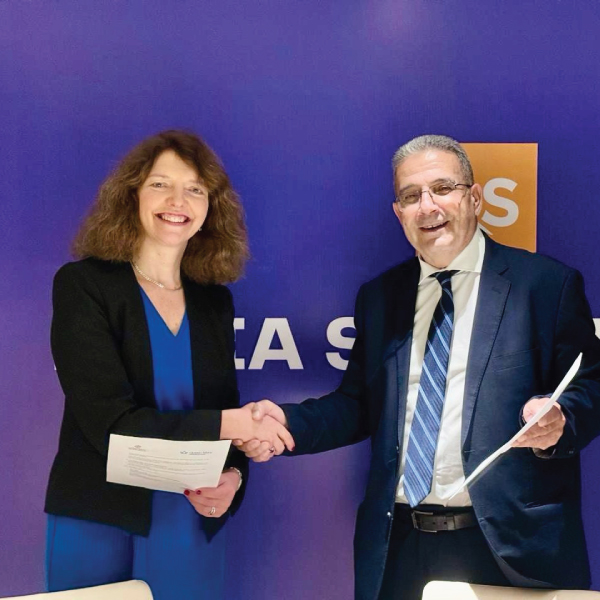
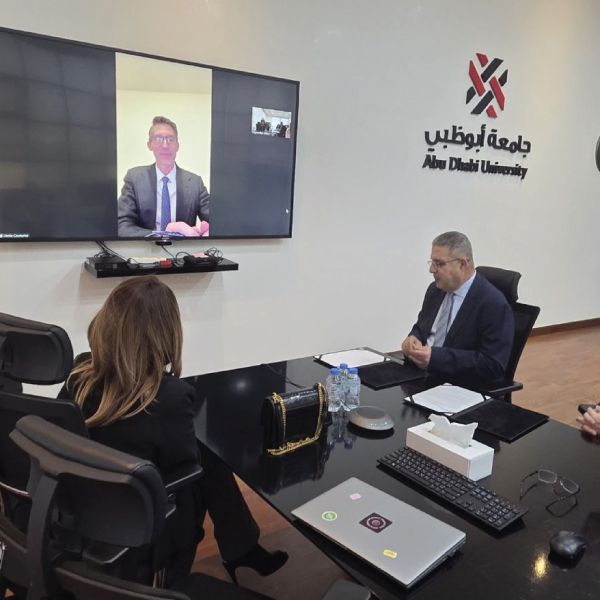
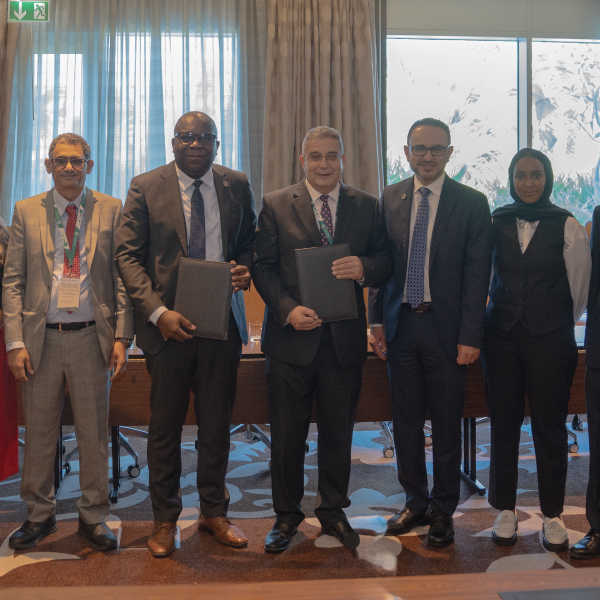
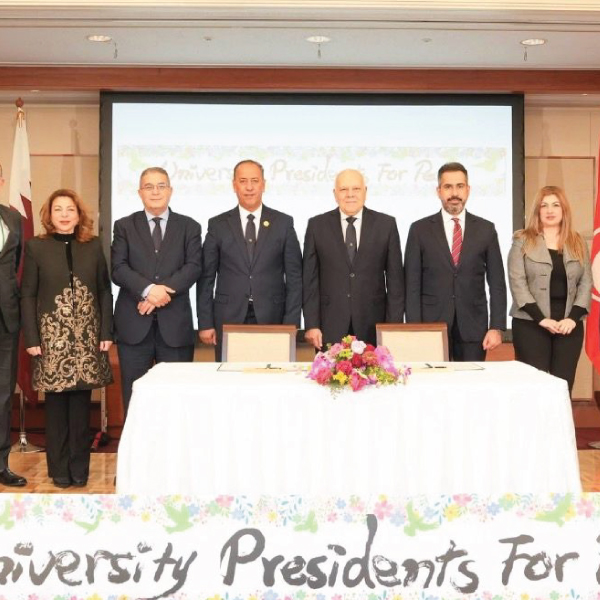
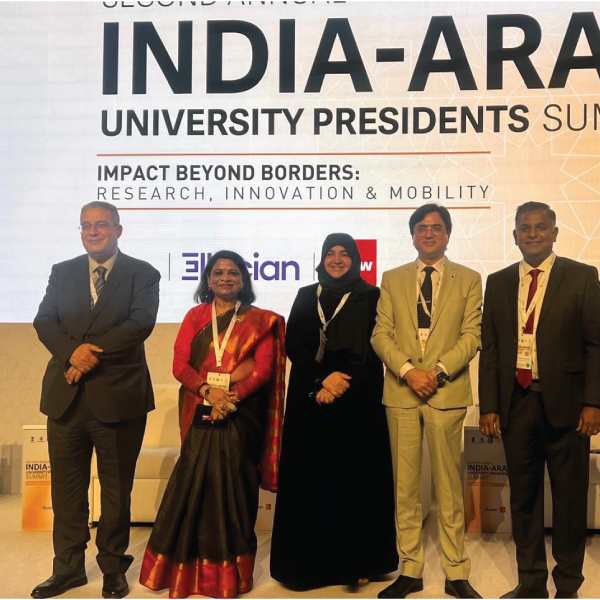
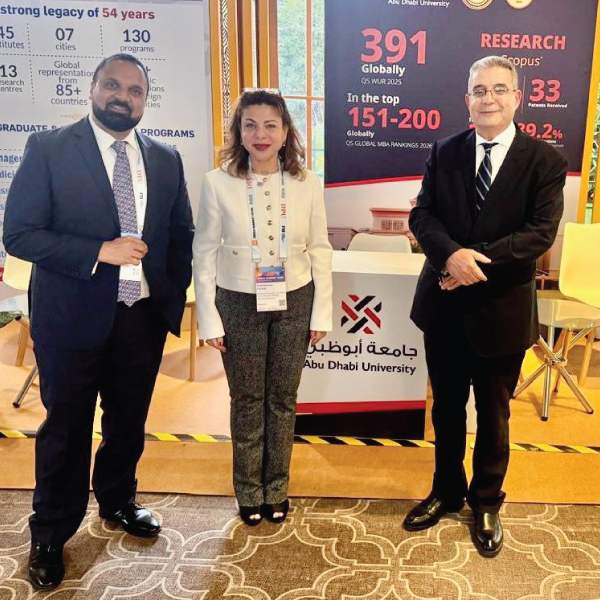
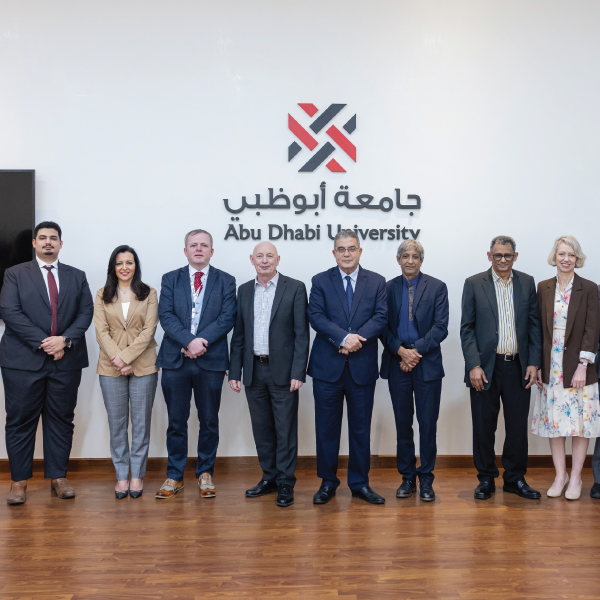
![Artboard 1[1]](https://cdn.adu.ac.ae/images-container/images/default-source/newsimageslibrary/artboard-1-1.jpg?sfvrsn=6eb20504_4)
